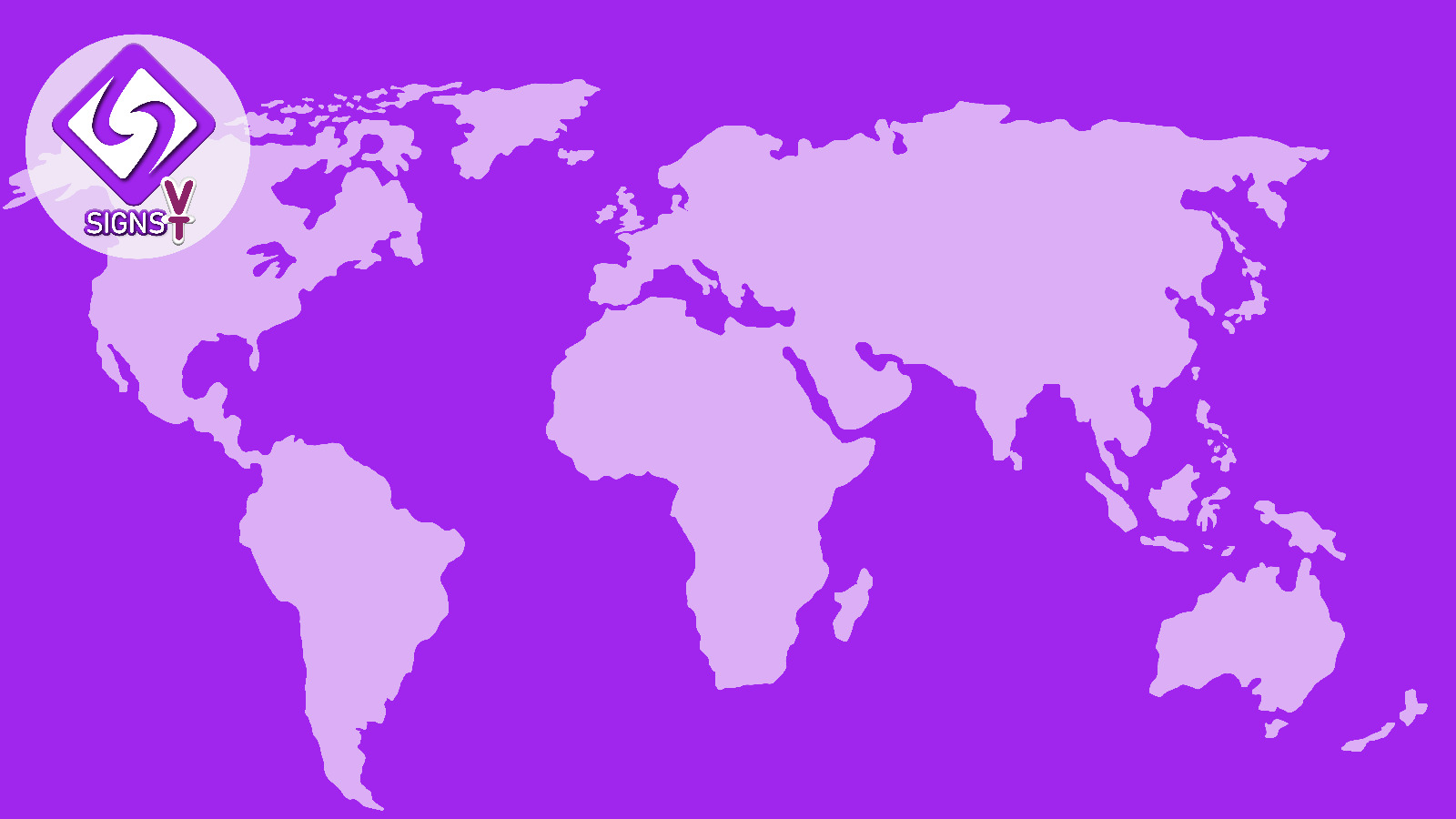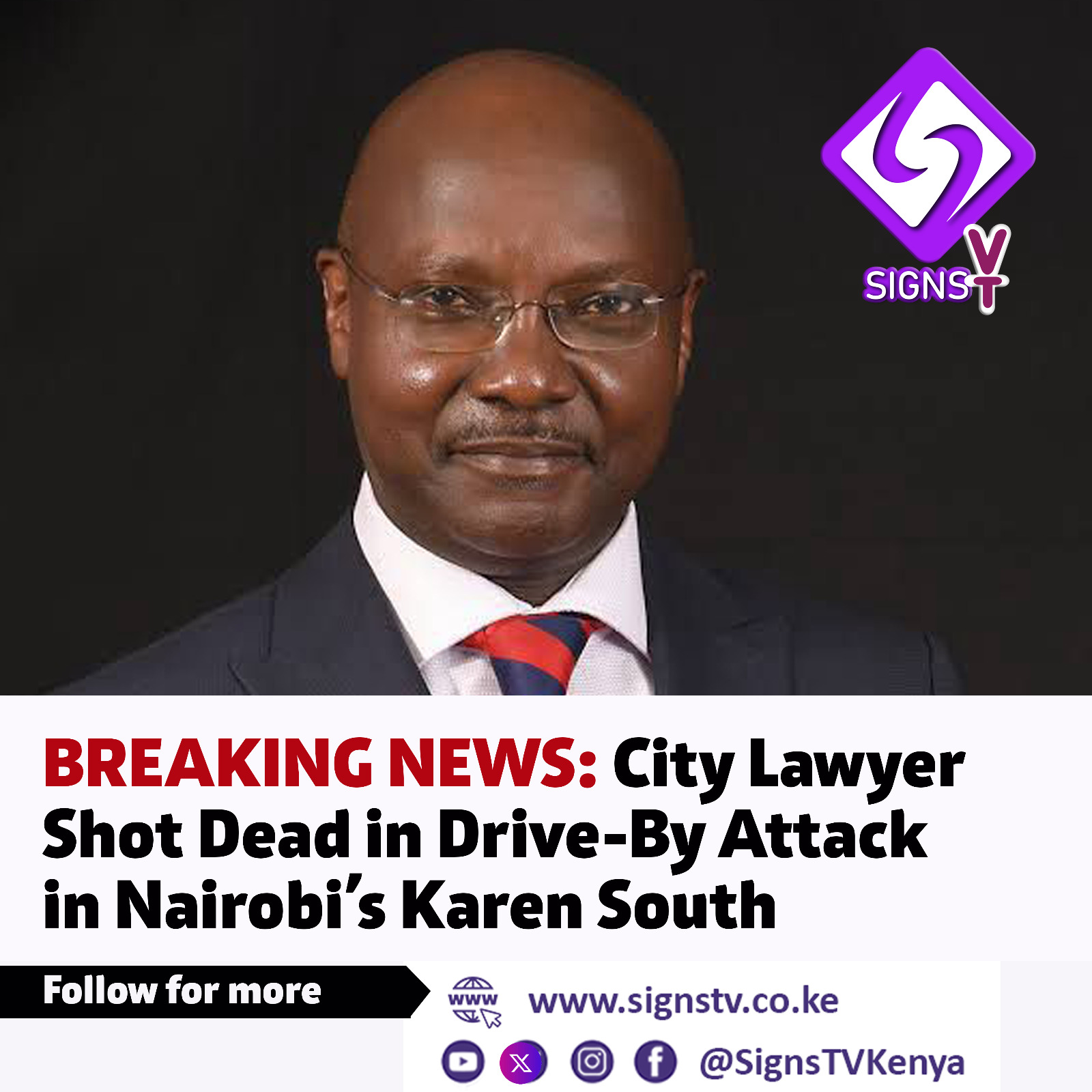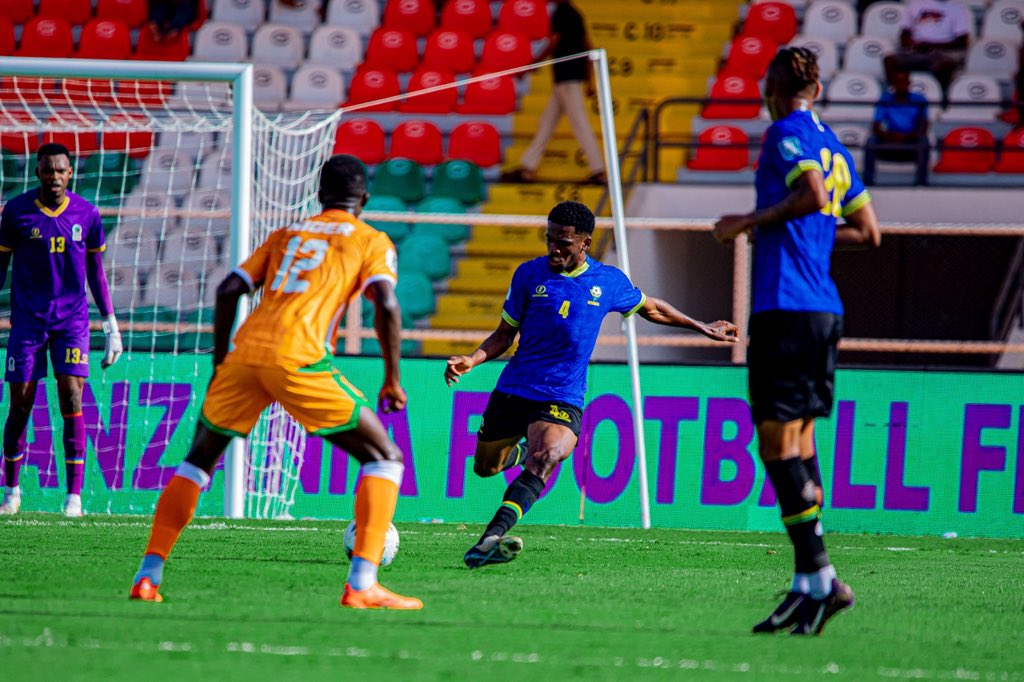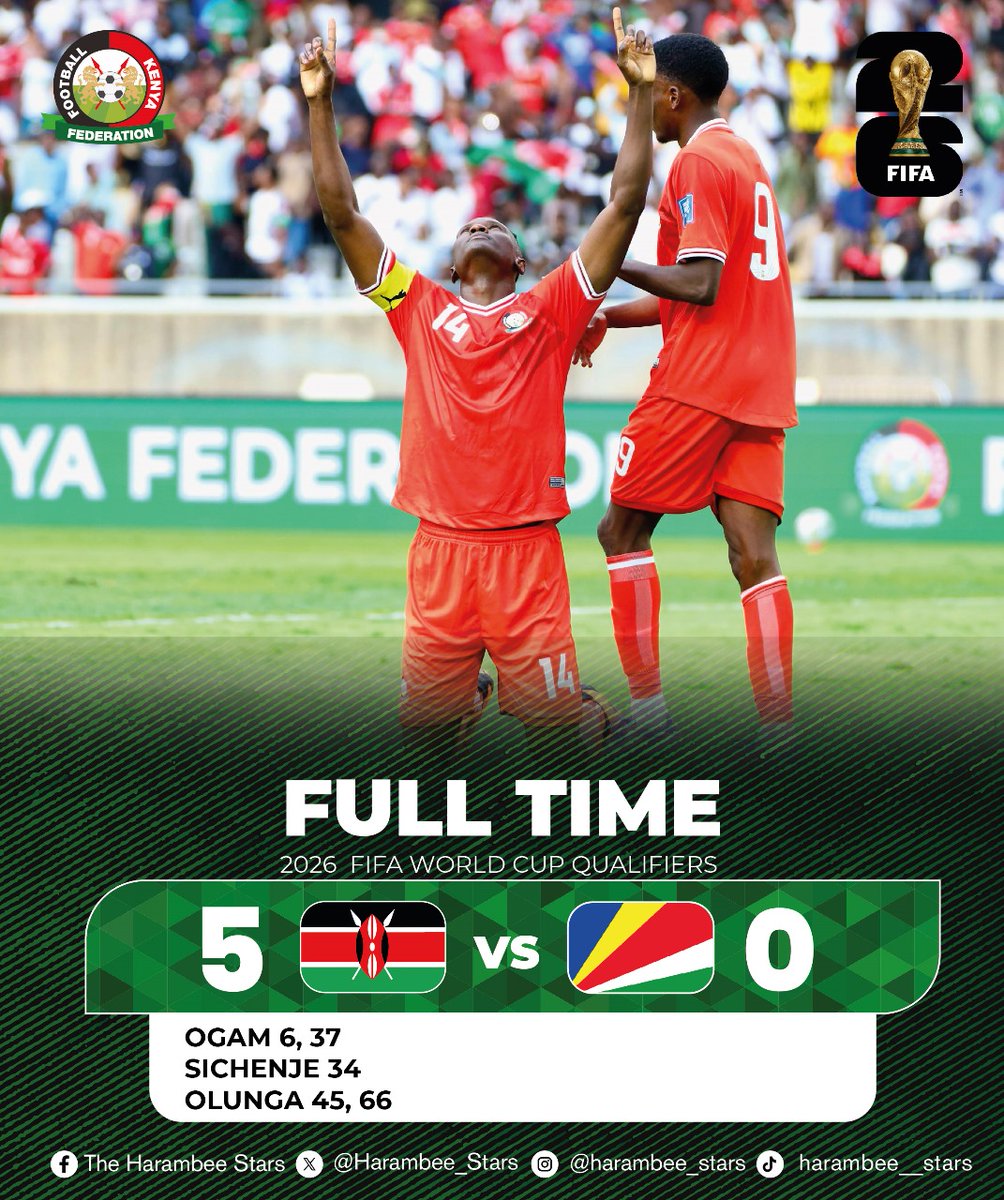Inside the World Federation of the Deaf Pre-Conference

Federation for Deaf Women Empowerment Network Kenya (FEDWEN Kenya) Director Aska Josephine recently appeared on the Signs Breakfast show hosted by The Allan Herbert to discuss her organization and the upcoming World Federation of the Deaf (WFD) pre-conference. She spoke about the challenges faced by deaf women and how her organization, the Federation for Deaf Women Empowerment Network (FEDWEN), is working to address them.
Aska shared that her experience as a regional coordinator for the Kenya National Association of the Deaf (KNAD) was the catalyst for forming FEDWEN. She noticed the lack of visibility and representation for deaf women, who were often excluded from policymaking and decision-making processes. This marginalization made them vulnerable to violence and social neglect, particularly within their own homes and in society at large.
Frustrated by the male-dominated environment at the time, which normalized these issues, Aska felt a strong call to action. She recognized the urgent need for a dedicated platform where deaf women could find justice and be empowered, leading her to establish FEDWEN.
The FEDWEN Director, described the daily life of a deaf woman as profoundly challenging. From a young age, they often grow up without the guidance and information needed to navigate life as a woman. This lack of access to information makes them susceptible to harm and leaves them undervalued, even when it comes to their fundamental rights.
At home, many deaf women are treated as servants with no appreciation for their work. In relationships, they are often seen as a burden, and partners may treat them as if they are doing them a favor. These circumstances highlight a broader systemic issue of inequality and lack of support.
FEDWEN is dedicated to empowering deaf women and girls aged 13-25, an age Aska considers crucial for intervention and empowerment. The organization's work is centered on four key areas:
Sexual and Reproductive Health and Rights: Providing crucial information and access to services that are often inaccessible to deaf women.
Gender-Based Violence (GBV): Working to prevent and respond to violence, offering a safe space and resources for victims.
Economic Empowerment: Equipping deaf women with practical skills, such as beading, to help them generate income and achieve financial independence.
Governance: Advocating for the inclusion of deaf women in leadership and policymaking to ensure their voices are heard and their rights are protected.
FEDWEN currently works with six schools, where they have established clubs to mentor and support young deaf women.
Aska also highlighted the upcoming World Federation of the Deaf (WFD) pre-conference, which Kenya is set to host. KNAD is a member of the WFD, an organization founded in 1951 to advocate for the rights of deaf people globally.
The conference, themed "Advancing Sign Language Rights," will be held from August 12 to 14, 2025. It will address critical topics such as the impact of climate change on the deaf community, leveraging artificial intelligence for the benefit of deaf people, and strengthening leadership and advocacy capacity within deaf organizations.
FEDWEN, an organization, will host a two-day precursor event at the Kenya Institute of Special Education (KISE) on August 10th and 11th, just before the main conference.
Under the theme of "Strengthening Gender Diversity within Deaf Organizations," the event aims to bring together associate members of the WFD as delegates. Non-members who wish to participate are also welcome and can register for a fee on the WFD website.
This pre-conference event underscores the commitment of both FEDWEN and the WFD to ensuring that deaf women's voices are not only heard but are also at the forefront of advocacy and leadership within the deaf community.
Follow this conversation on YouTube (https://youtu.be/W_ug8pijMOY) to learn more.
Tags: FEDWEN Aska Josephine WFD KNAD Editor's Pick
Related
Share this article
Experienced and versatile writer, dedicated to using my exceptional writing and editing skills to inform and advocate. My work focuses on educating and entertaining readers on a range of topics, with a particular expertise in matters of disability.
View articles

